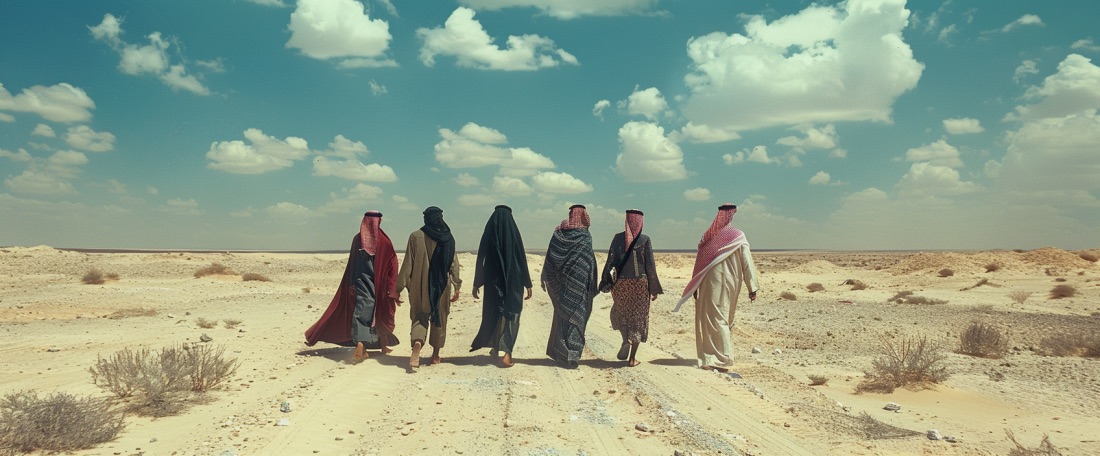68th Eurovision Song Contest Kicks Off Amidst Political Tensions
In Malmo, Sweden, the 68th Eurovision Song Contest began with a bang, as performers from across Europe and beyond graced the stage in a glittering pop extravaganza. However, the war in Gaza loomed large over the competition, casting a shadow over the festivities.
Top Acts Impress in First Semi-Final
The first semi-final showcased talent from various countries, with ten acts voted through to the final by viewers. Standouts included Croatian singer Baby Lasagna, Ukrainian duo alyona alyona and Jerry Heil, Irish singer Bambie Thug, Finnish prankster Windows95man, and Portuguese crooner Iolanda. Unfortunately, Iceland, Azerbaijan, Poland, Moldova, and Australia were eliminated.
Security Concerns and Political Controversy
Amidst the celebrations, security was tight in Malmo, with concerns over potential protests and demonstrations. Tensions were high due to Israel’s participation in the competition, leading to warnings from the government about possible attacks on Israeli citizens. Additionally, there was controversy over Israel’s entry, which had its lyrics changed to avoid political references.
Unity and Division at Eurovision
Despite the motto of “United by Music,” Eurovision often finds itself embroiled in political disputes and controversies. Flags and signs were banned at the event, with only national flags and the rainbow pride flag allowed. Performers faced pressure to boycott the event due to political tensions, with some receiving backlash on social media.
Messages of Hope Through Music
One artist who knows the power of music in times of conflict is Manizha Sangin, a Russian singer who faced repercussions for speaking out against war. Despite challenges, she remains hopeful and continues to use her music as a message of unity and hope. She believes that music has the power to inspire and bring people together, even in the face of adversity.

